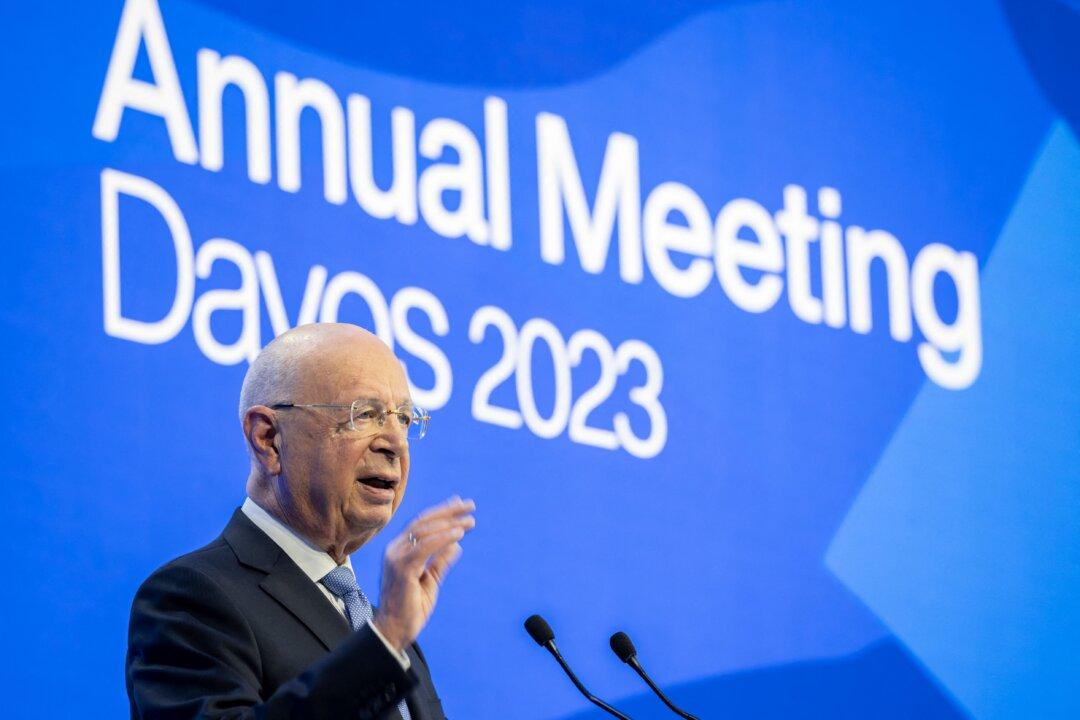Additional details of Canada’s participation in a World Economic Forum (WEF) initiative to streamline regulations across countries in order to speed up the coming of the “Fourth Industrial Revolution” have been revealed through a request for information submitted by Conservative MP Leslyn Lewis.
Lewis submitted questions to the government in October pertaining to Canada’s involvement in the “Agile Nations” network, a project of the WEF and the Organisation for Economic Cooperation and Development (OECD).





